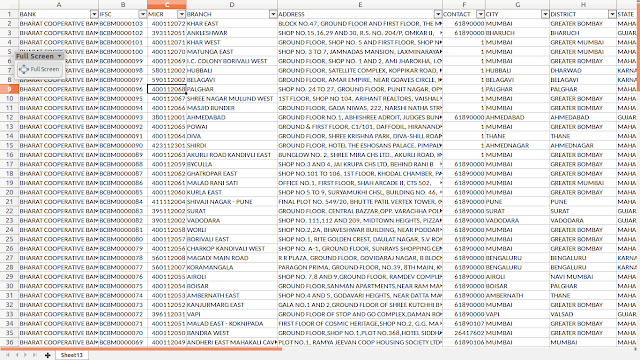Blockchain Development - Introduction
Significance of Blockchain Technology
- Transactions usually require a third party who adds more trust to both sender and receiver parties.
- But, this third party can be corrupted and expensive.
- Blockchain eliminates this third party by making the process of exchange more foolproof.
- Transaction history is available and direct interaction of both parties.
- Multiple copies of transaction history are present in various locations.
- Blockchain solves many distributed processing issues - versioning data, remote processes, and multiple computing sources.
Cryptocurrency
- Implementation of blockchain.
- Different from fiat currency - No regulatory board is present.
- Cryptography ensures integrity.
Blockchain data and blocks
- Only support ADD and READ operations. UPDATE and DELETE operations aren't available.
- A ledger keeps track of all transactions.
- Blockchain data is replicated among multiple nodes and new data can be added only if the majority of nodes agree on the new transaction - Consensus and Immutable.
- Hashes - Encryption functions that are irreversible.
- Chain of blocks - Each block will carry hash values of the previous block and current block and transaction details.
- Nonce - Value added to block to create a new hash.
- Mining - Finding the correct nonce value to generate the hash, requires a lot of computational resources.
- Miners get rewarded for calculating the correct nonce.
Consensus mechanisms - PoS, PoS, Delegated PoS, dBFT
- Proof of Work - Nodes compete to find nonce, resource-intensive.
- Proof of Stake - Each node submits bets, less computing and random selection.
- Delegated Proof of Stake - Modified PoS, nodes voted in for fairness.
- Delegated Byzantine Fault Tolerance - Nodes randomly select a delegate speaker, 2/3 of delegates must agree with the hash.
Blockchain Types
- Public/ Permissionless blockchains - All information is available to every node and anyone can participate.
- Private/ Permissioned blockchains - Only authorized can participate and access information.
- Types of nodes - Full Nodes (Keeps all information in the blockchain), Lightweight Nodes (Only keep recent information).
I learned most of these points from the linkedIn course - Please check it out as well.

Comments
Post a Comment